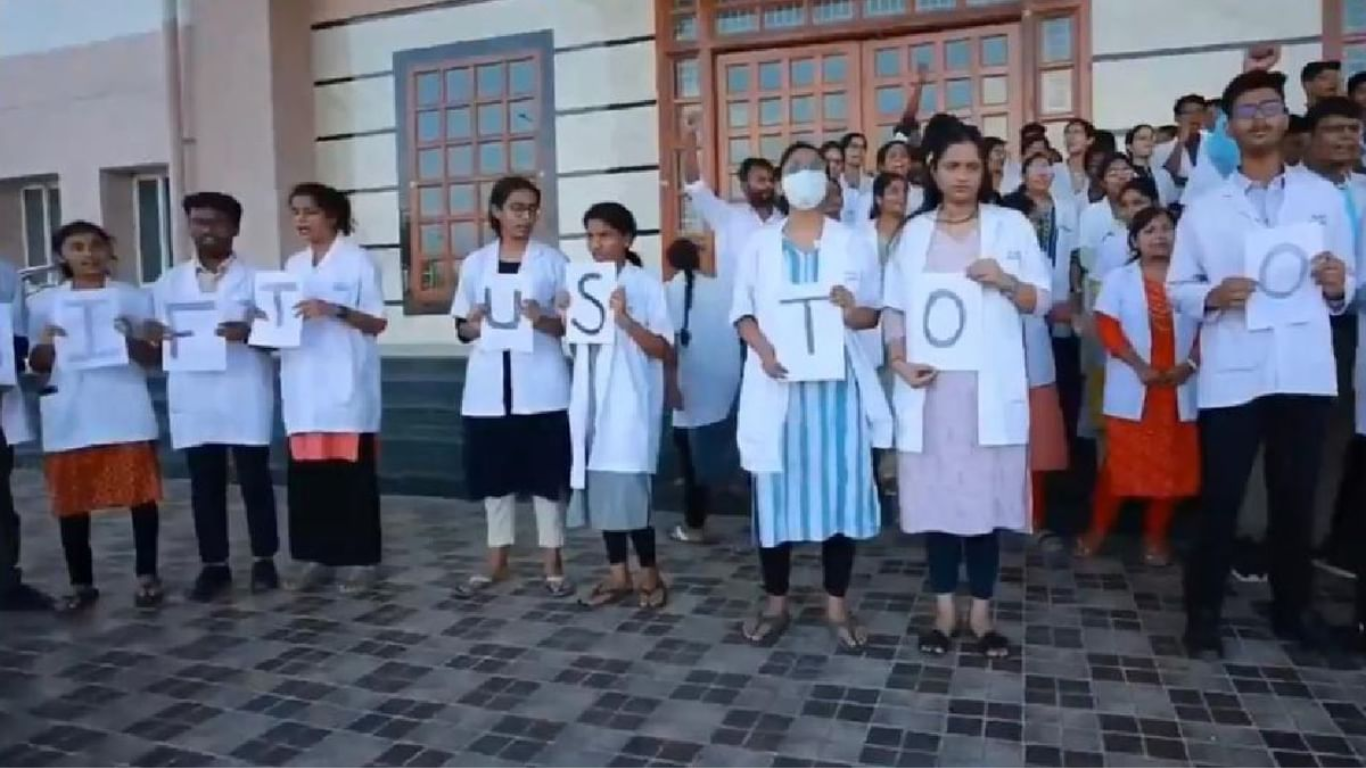Tensions have flared at the All India Institute of Medical Sciences (AIIMS) in Madurai, as medical students hailing from Northern India have embarked on a boycott of classes. The protest, initiated by students alleging a lack of essential facilities and a language barrier in patient interactions, has drawn attention to the challenges faced by students studying away from their native regions.
The boycott, which has gained momentum among North Indian students at AIIMS Madurai, is rooted in grievances regarding the inadequate provision of basic facilities within the college premises. Students have raised concerns over the purported absence of essential amenities, highlighting the impact on their academic and living conditions.
Furthermore, students have voiced frustration over the language barrier encountered during patient interactions, alleging that many patients are not proficient in Hindi, posing challenges in effective communication and patient care. This linguistic divide has exacerbated existing tensions, prompting students to demand remedial measures to address the issue.
Also read: Plight of Medical Students at AIIMS Madurai Prompts Calls for Immediate Action
The boycott underscores broader concerns surrounding the accessibility and inclusivity of educational institutions, particularly for students from diverse linguistic and cultural backgrounds. As AIIMS Madurai grapples with the fallout from the student protest, questions arise regarding the institution’s commitment to providing a conducive learning environment that accommodates the needs of all students.
The institute had made the headlines previously also on the pretext of lack of facilities like Restricted Access to Outpatient Department (OPD), Overcrowded Living Conditions, and Limited Access to Operation Theatres (OT) to which the administration had resorted to a dismissive retort fell woefully short of addressing the gravity of the situation. such responses indicate a systemic failure to acknowledge and rectify the glaring deficiencies within the institution.
Noneetheless, the outcome of discussions between students and authorities at AIIMS Madurai will be closely monitored, with expectations for a constructive resolution that addresses the concerns raised by the protesting students. In the meantime, the boycott serves as a poignant reminder of the importance of ensuring equitable access to quality education for all students, irrespective of their background or linguistic preferences.


















